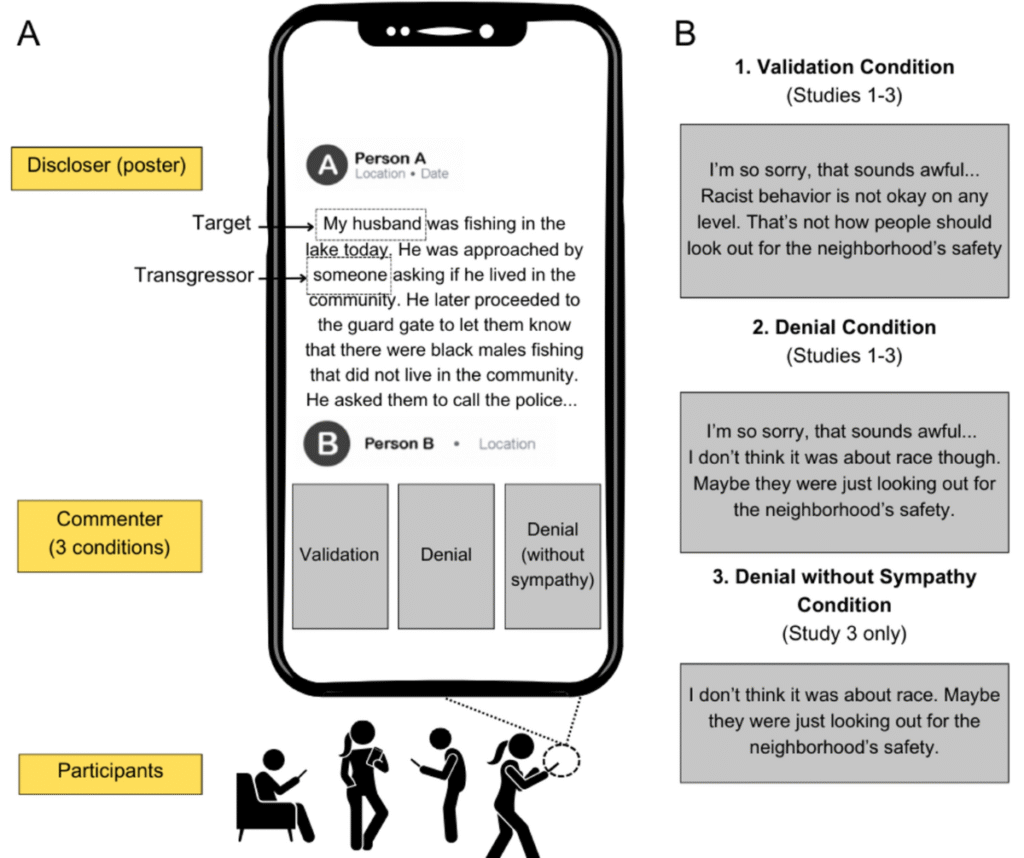Being accused of racism can be a deeply unsettling experience. These accusations carry significant weight, potentially damaging personal and professional relationships, and often lead to public scrutiny. It’s crucial to remember that addressing such allegations with seriousness and sincerity is paramount. This guide aims to provide a framework for navigating these challenging situations, emphasizing the importance of open dialogue, self-reflection, and a genuine commitment to combating racial bias.
This article will delve into understanding the nature of racism accusations, exploring effective strategies for responding to them. We’ll examine the significance of open communication, the need for self-reflection and education, and the steps involved in repairing damage and rebuilding trust. By following these guidelines, individuals can approach these sensitive situations with empathy and a commitment to fostering a more inclusive environment.
Understanding Racism Accusations
Racism accusations stem from perceived actions or words that convey prejudice, discrimination, or hostility towards individuals based on their race or ethnicity. These accusations can arise from various contexts, including personal interactions, workplace dynamics, or public discourse. It’s essential to recognize that even unintentional actions or statements can be perceived as racist and cause harm.
Understanding the nuances of racism is crucial for responding effectively to accusations. It’s important to distinguish between individual acts of prejudice and systemic racism, which refers to deeply ingrained patterns of discrimination embedded within institutions and societal structures. Recognizing these distinctions allows for a more comprehensive understanding of the complexities surrounding racism accusations.
Furthermore, it’s vital to acknowledge that individuals may have different experiences and perspectives on what constitutes racism. What one person perceives as offensive or discriminatory, another might not. This underscores the importance of active listening, empathy, and a willingness to learn from diverse viewpoints.
Responding to Allegations of Racism

When faced with an accusation of racism, it’s crucial to respond thoughtfully and with respect. Avoid becoming defensive or dismissive, as this can escalate the situation and damage trust. Instead, acknowledge the seriousness of the accusation and express your willingness to listen and understand the other person’s perspective.
Begin by actively listening to the individual making the accusation. Pay attention to their words, tone, and body language. Seek clarification if needed to ensure you fully comprehend their concerns. Demonstrate empathy by acknowledging their feelings and validating their experience. Remember, the goal is not to defend yourself but to engage in a constructive dialogue aimed at understanding and addressing the issue.
Once you have listened attentively, express your commitment to combating racism and fostering an inclusive environment. Explain that you take these accusations seriously and are willing to learn from this experience. Avoid making excuses or minimizing the impact of your actions. Instead, focus on taking responsibility for any harm caused and outlining steps you will take to prevent similar situations in the future.
Open Dialogue and Communication
Open dialogue is essential for addressing racism accusations effectively. It creates a space for honest conversations, fosters understanding, and allows individuals to share their perspectives without fear of judgment. Encourage open communication by actively listening, asking clarifying questions, and expressing your willingness to learn from others.
Create a safe environment where individuals feel comfortable sharing their experiences and concerns. Emphasize that all voices are valued and that you are committed to creating a space free from discrimination and prejudice. Be mindful of your own language and avoid using terms that could be perceived as offensive or insensitive.
Remember, open dialogue is an ongoing process that requires patience, empathy, and a genuine desire to understand different perspectives.
Combating Racial Bias

Addressing racism accusations necessitates a commitment to combating racial bias both within oneself and in broader societal structures. This involves engaging in self-reflection, educating yourself about systemic racism, and actively working to dismantle discriminatory practices.
Begin by examining your own biases and prejudices. Reflect on your experiences, beliefs, and interactions with people of different races. Consider how your upbringing, cultural influences, and personal experiences may have shaped your perceptions. Be honest with yourself about areas where you can grow and learn.
Educate yourself about systemic racism and its impact on individuals and communities. Read books, articles, and reports from reputable sources that shed light on the historical and contemporary realities of racial inequality. Attend workshops, seminars, and training sessions that focus on diversity, equity, and inclusion.
Repairing Damage and Building Trust
When being accused of being racist, it’s essential to take steps to repair any damage caused and rebuild trust with those affected. This requires sincere remorse, accountability, and a commitment to making amends.
Begin by acknowledging the harm your actions or words have caused. Express genuine regret for any pain or offense you have inflicted. Avoid making excuses or shifting blame. Take responsibility for your role in the situation and demonstrate a willingness to learn from your mistakes.
Offer a sincere apology to those who have been affected by your actions. Be specific about what you are apologizing for and express your understanding of the impact it has had on them. Listen attentively to their responses and validate their feelings.
Conclusion
Addressing racism accusations requires a multifaceted approach that involves self-reflection, open communication, and a genuine commitment to combating racial bias. By acknowledging the seriousness of these allegations, engaging in constructive dialogue, and taking steps to repair damage and rebuild trust, individuals can navigate these challenging situations with empathy and integrity. Remember, fostering an inclusive and equitable society demands continuous effort, education, and a willingness to learn from our mistakes.



